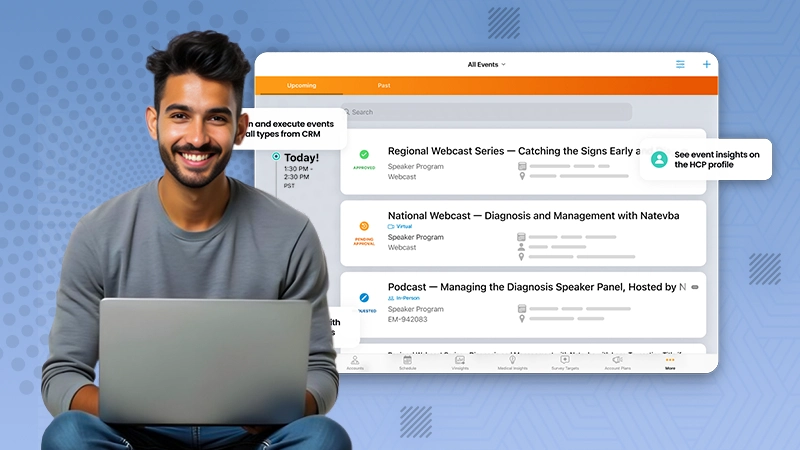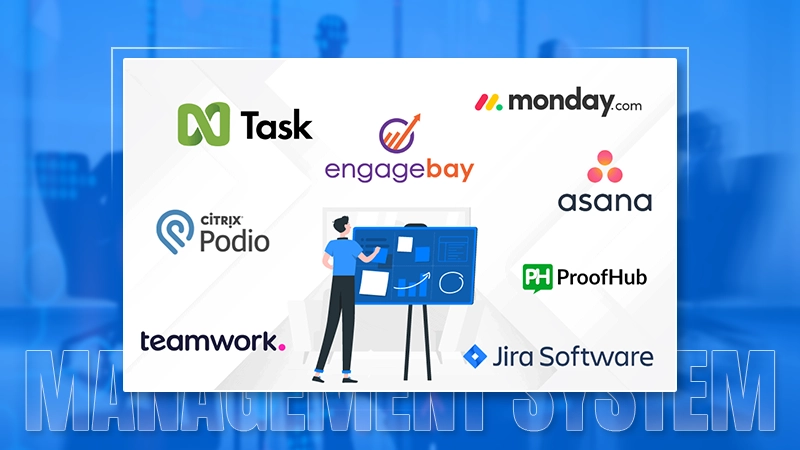If you run a large marketing project, with ads and promotions addressing the public in different regions or countries, you need to oversee your campaign the way your potential customers see it. This may include viewing from various locations, which is achieved easier by using residential proxies. With a, for example, good US residential proxy, you are able to see it from any state or even city, and it’s the same with international proxies. This is how to choose the right residential proxy provider for your projects.
How Does a Proxy Help a Marketer?
If you make an international marketing campaign or one that functions slightly differently in different regions of certain countries, you often need to diversify your offers for various regions. Video ads that will be well accepted in Europe may be seen as too explicit or indecent in the Middle East or some post-Soviet countries. Each region should see the message – ads, texts, photos, slogans – in the language spoken there. Prices differ simply because of different currencies, so they differ in various versions of your site.
As so much in your business depends on location, you need to be able to see how it looks from different places on Earth. That’s the first reason you need a decent residential proxy service. The other potential uses include:
- Access sites that are not available in your country to learn certain information.
- Researching rivals’ campaigns. It’s not enough to see how competing businesses run their campaigns in your region: it helps a lot to see them from different angles and locations.
- Create multiple accounts on social media to model your target audience and check how it is reached.
- Get involved in discussions on social media that can be different in various regions.
- Verify whether your ad campaign reaches your audience in the right locations.
- Check the technical implementation of your ad campaigns or partner programs.
These and other purposes define your requirements for the proxy you are ready to pay for. And now it’s time to choose the operator who provides both residential proxies and complete support.
Which Residential Proxies Do You Need?
The primary work of residential proxy is to replace your real location (which can be detected by your IP address, system time, and stuff) with that of the intermedia server, which is identified as located in some other place. And usually, it is. The sites you visit through this proxy also treat you like a local.
Rotating proxies are one of the most popular methods used to anonymously surf the web. A rotating proxy is a proxy server that assigns a new IP address to each client that connects to it. This way, each client appears to be coming from a different IP address, making it more difficult for websites to track them.To find the best rotating proxies make sure you visit a website like Truely, where they are comparing different services and choosing the best option for you,
There are many benefits to using a rotating proxy, including:
- Anonymity: By using a rotating proxy, you can surf the web anonymously. This is because each time you connect to a website, your IP address will be different, making it more difficult for websites to track you.
- Security: A rotating proxy can also help increase your security online. This is because each time you connect to a website, your IP address will be different, making it more difficult for hackers to find and attack your device.
- Privacy: A rotating proxy can also help increase your privacy online. This is because each time you connect to a website, your IP address will be different, making it more difficult for websites to track you.
- Speed: A rotating proxy can also help increase your speed online. This is because each time you connect to a website, your IP address will be different, making it more difficult for websites to track you.
There are many reasons why you might want to use a rotating proxy. Whether you’re looking for anonymity, security, privacy, or speed, a rotating proxy can help you get the job done.
The question is whether the proxy provider has residential proxies of all the regions you need to use instead of yours. If so, how easy is it to switch between them? How many simultaneous connections does it support? What volume of data transfer does it grant? What’s its uptime?
Along with these technical questions, there are legal as well. Which activities does the provider allow, and which classify as illegal? What are its responsibilities? Does it collect any of your personal or financial data? (The answer is usually yes: at least under KYC politics, you have to provide some crucial information). How does it store and treat it, and can it be transferred to third-party operators?
Last but Not Least
Read the reviews on third-party sites. Reviews on the provider’s site will always be biased, for obvious reasons. Are other customers satisfied with it? What do they write on independent review sites? If most of them say the provider is good, and you can recognize the reviews as real (if you’re a marketer, you almost certainly have an eye for that), then go ahead and subscribe.







